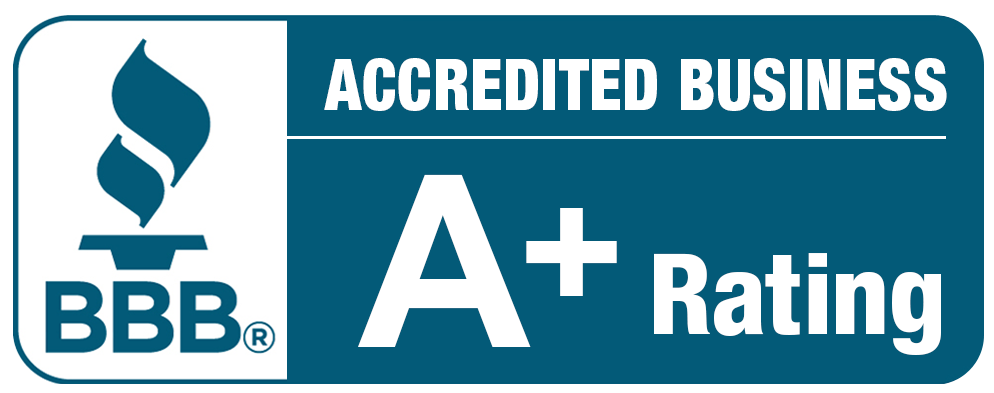Filing for bankruptcy can be a difficult but necessary decision for many business owners facing severe financial challenges. In 2025, economic volatility and rising operational costs have led more small and mid-sized business owners to explore bankruptcy as a legal path toward debt relief and business restructuring. Understanding the different types of bankruptcies available is critical to making the right choice for your company’s future.
This guide breaks down the three main types of bankruptcy Chapter 7, Chapter 11, and Chapter 13 and how each applies to business owners. Whether you’re facing mounting debt, reduced cash flow, or creditor pressure, this blog will help you make informed, confident decisions.
Bankruptcy is a federally regulated legal process that allows individuals or businesses to eliminate or restructure debt under the protection of the court. The goal is to provide debt relief while offering creditors a fair opportunity to recover a portion of the money owed. For business owners, filing for bankruptcy can either mean a fresh start or a reorganization of debt to keep the business running.
Each type of bankruptcy serves a different purpose depending on your financial condition, business structure, and long-term goals. Some bankruptcies lead to complete liquidation of assets, while others allow the company to continue operating with a new debt structure.
Making the wrong decision or delaying action can worsen your financial situation, cause irreversible damage to your credit, and potentially lead to legal complications. Let’s explore your options in 2025.
Chapter 7 is commonly referred to as “liquidation bankruptcy.” It is typically used when a business is no longer viable and needs to shut down. A court-appointed trustee sells the company’s non-exempt assets and distributes the proceeds to creditors.
Fill the form to request a free Business Debt Consultation Now!
By clicking “Continue” above, I understand and agree to the following terms and conditions:
Chapter 11 allows businesses to continue operations while reorganizing their debt. It’s often used by corporations, LLCs, and partnerships that believe their business can be profitable with some restructuring.
Chapter 13 is typically used by sole proprietors or individuals with regular income to create a manageable repayment plan for their debts, usually over three to five years. It is not available to corporations or partnerships.
Feature | Chapter 7 | Chapter 11 | Chapter 13 |
Suitable For | Business closure | Business continuation | Sole proprietors with income |
Asset Liquidation | Yes | No | No |
Court Involvement | Moderate | High | Moderate |
Debt Discharge | Immediate | After Plan | After Plan |
Cost | Low to moderate | High | Moderate |
Time Frame | 3-6 months | 6 months to several years | 3-5 years |
If you are one of the many thousands of companies struggling with high interest business loans, call us today for a free consultation. Just taking the first step in talking to an expert can start relieving stress. And once you talk to a debt help specialist, you will see that there is hope.

Choosing the right bankruptcy type depends on several factors:
Before proceeding, consult with a professional mediator or bankruptcy attorney. National Credit Partners specializes in helping small businesses find alternatives to bankruptcy or navigate the process with financial clarity and long-term sustainability.
Bankruptcy isn’t always the only or best option. Businesses can also explore:
These alternatives can often stabilize your business without the legal consequences of filing bankruptcy.
Bankruptcy laws in the U.S. offer business owners a structured path to deal with overwhelming debt. However, each type serves a different need. In 2025, small business owners should understand the nuances of Chapter 7, Chapter 11, and Chapter 13 before making any decisions.
At National Credit Partners, we bridge the gap between lenders and business owners through professional debt mediation and restructuring services. If you’re struggling financially but want to avoid bankruptcy, contact us to explore all your options.
Need Help Understanding Bankruptcy and Alternatives? Contact National Credit Partners today for a personalized debt strategy that protects your business and your future.

An A+ rating represents BBB's high degree of confidence that the business is operating in a trustworthy manner and will make a good faith effort to resolve any customer concerns filed with the BBB.
